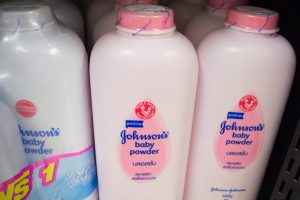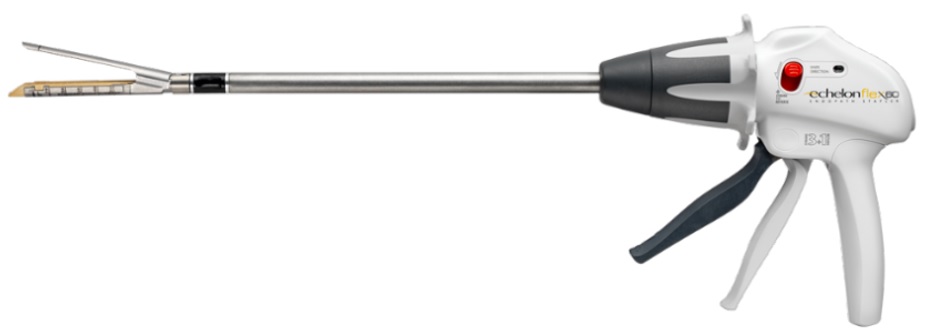 To most people, Johnson & Johnson (J&J) is a respected company and the maker of popular consumer products. However, J&J has taken quite a hit lately with both its reputation and finances.
To most people, Johnson & Johnson (J&J) is a respected company and the maker of popular consumer products. However, J&J has taken quite a hit lately with both its reputation and finances.
Specifically, J&J has been accused of causing cancer in thousands of individuals due to the alleged presence of asbestos in its baby powder products. As a result, tens of thousands of plaintiffs have sued J&J, with notable results amounting to billions of dollars.
Even though J&J has successfully survived or settled many of these cases, it only takes a handful of plaintiff wins to cause serious financial damage to the company. Because of this, J&J employed a sneaky and ambitious plan called Project Plato.
 North Carolina Product Liability Lawyer Blog
North Carolina Product Liability Lawyer Blog


 During the course of surgery, a doctor may need to find a way to connect sections of organs or close wounds. One way to do this is through the use of sutures, a special type of thread. Another way is with the use of surgical staples. The Ethicon surgical stapler is pictured at right.
During the course of surgery, a doctor may need to find a way to connect sections of organs or close wounds. One way to do this is through the use of sutures, a special type of thread. Another way is with the use of surgical staples. The Ethicon surgical stapler is pictured at right.


